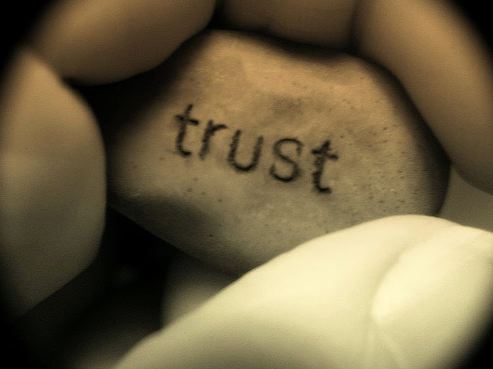 |
| JB dressed in 16th century garb last summer |
The last time I really attempted to read Shakespeare (not in kid-friendly format) was lots of years ago in college. I took a Shakespeare class as one of my English electives because I wanted to feel intellectual by learning Shakespeare and I heard it was an easy “A” from an easy professor. I finished the class with a “B”—barely.
I had forgotten how impossible Shakespeare is to read in your head. I started with The Two Gentlemen of Verona. It’s the first play in my Norton’s Complete Anthology of Shakespeare (also bought, by the way, so I would feel intellectual). Quickly, I realized I was in over my head. The words were drowning me. My brain was choking on “How now,” and “thee”, “thou”. Even the side notes and footnotes were not enough to keep me afloat. I was quickly sinking to the bottom of Shakespearean intellect.
Fortunately it dawned on me to try reading aloud. Suddenly, I wasn’t drowning anymore. It wasn’t a smooth sailing, but I was above literary water. The language demanded my full attention and absolute concentration. But with each line spoken (no matter how halting my voice), I seemed to propel forward and strengthen my stroke against the thick current of Shakespeare’s language. I began moving with his words, catching his rhythm, the nuances of his humor and layers of meaning.
My Shakespearean reading event didn’t last long. Imagine that. Before Act I was over, my children burst in with their own drama to report. Someone had been incredibly naughty playing baseball. Defied Daddy. He’s acting like he’s two. He’s in big trouble.
Oh, how we love to gloat over the sins of others!
My little offender plays the false martyr role well. He will accept any consequence you give him with a sort of stoic heroism (in his own eyes, that is). Stoic victimization is closer to reality. Later, my husband and I were discussing the deeper layers of this behavior, imagining the environment responsible for creating his warped, distrustful view. Wondering, how in the world we will help him break free and fully live.
True living must be done out loud. There must be a willingness to hear the squeaking of your voice, get embarrassed and get over it. When my son accepts his punishment as his “lot in life”, quietly insulating himself against hurt, adding up the score always against his favor, he silences the full life meant to be lived in and through him.
We force him to live beyond his comfort zone. We demand reconciliation and closure in conflict. We nudge him toward selfless acts. We actually expect him to sacrifice sometimes. He has no choice but to live out loud. It is hard work and we don’t do it perfectly. But, we try and we can see him trying, too.
Shakespeare was never meant to be read silently. Neither is life meant to be orchestrated from within. Its most fulfilling moments—forgiveness, sacrifice, service and love—are lived in the open. I have no doubt my child will learn to live out loud. Like Shakespeare, he is destined for it.

